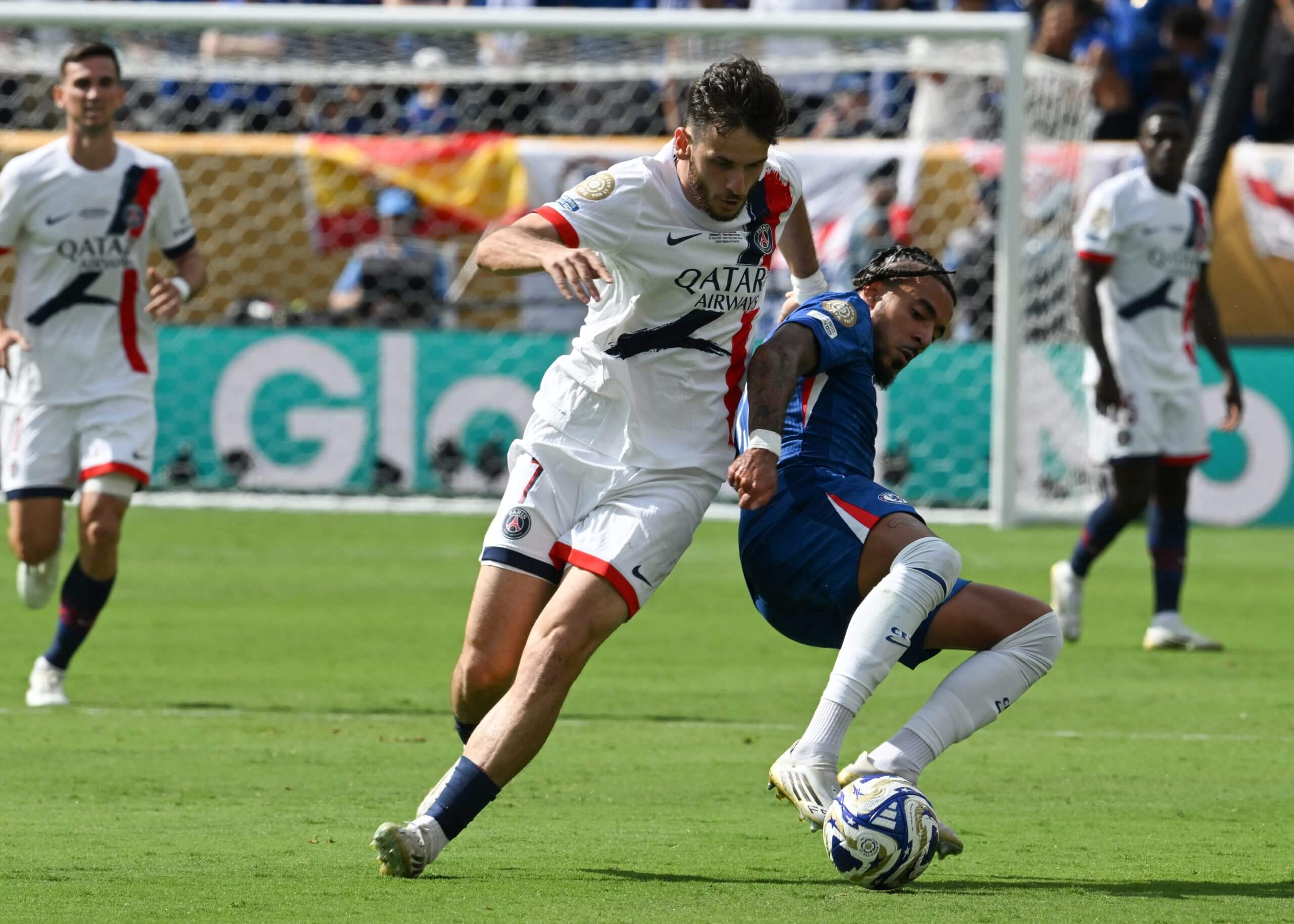FIFA’s top legal and compliance officer, Emilio García, has publicly criticized FIFPro, the global players’ union, alleging its focus has shifted from genuine player welfare to engaging in “sports politics” and prioritizing headlines over actual problem-solving within football governance.
Speaking at a recent media briefing that included various Spanish-language outlets, García specifically targeted FIFPro president Sergio Marchi, accusing him of launching personal attacks against FIFA president Gianni Infantino. This counter-accusation follows Marchi’s earlier claims that Infantino operates the sport as an autocracy, a stance that FIFA views with considerable disappointment.
García asserted, “The issue here is that Sergio and FIFPro are not interested in solving problems — they’re interested in making headlines and doing sports politics.” He further stated that FIFA is unwilling to participate in such political maneuvers, suggesting that Marchi’s recent actions indicate a desire for media exposure rather than a genuine concern for the real problems and situations faced by professional players.
The contentious relationship between the two organizations unfolds amidst FIFA’s efforts to establish a defined rest period for players. Prior to the FIFA Club World Cup final, FIFA, in collaboration with other player unions, reached a consensus on a 72-hour rest period between matches and an additional rest period of at least 21 days at the end of each season—crucial player rights issues FIFPro has long advocated for, albeit preferring 28 days.
What perplexes FIFA, according to García, is FIFPro’s apparent disinterest when FIFA moves to implement these very solutions. He highlighted the paradox of the union’s historical demands for player welfare improvements seemingly being met with resistance or a lack of engagement once they are on the verge of becoming reality.
The newly expanded FIFA Club World Cup itself drew criticism for adding to an already congested football calendar, raising concerns over player fatigue and playing conditions. Despite issues like extreme heat and playing surfaces during the tournament, García questioned whether players truly didn’t want to participate, asserting that athletes are prepared and adapt to varying environmental conditions.
García also dismissed Marchi’s allegations regarding FIFA’s supposed lack of democracy, pointing to the transparency of its statutes, accounts, and salary disclosures, which are publicly available. He reiterated that advancements in football regulations and player rights must originate from FIFA as the sport’s governing body, refuting FIFPro’s claim of being unable to introduce new rules.
FIFA further countered FIFPro’s criticisms by denouncing the union’s lack of financial transparency, suggesting FIFPro’s public confrontations are driven by “artificial PR battles” rather than substantive engagement. García emphasized that FIFA respects trade union freedom but also noted the existence of numerous other player unions, some of whom are not members of FIFPro and are dissatisfied with its current approach to football governance.
Concluding his remarks, García described Marchi as “intelligent” and acknowledged past collaborations, stating that FIFA would “never question the legitimacy of the president of FIFPro.” However, he urged the union to shift from daily opposition to engaging in constructive negotiation and agreement, viewing Marchi’s current approach as an impediment rather than a solution for the challenges facing players today.






Leave a Reply